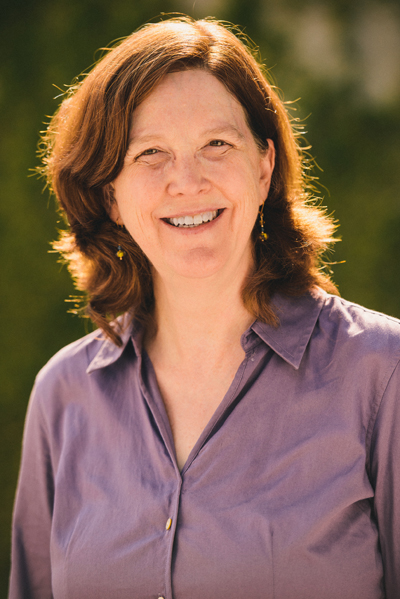An Interview with Cathleen Jones

Where are you from?
Lake Charles, Louisiana.
Is there a lake in Lake Charles?
Yes, but there are a bunch of chemical plants around the lake so we never really went swimming in the lake.
What did you want to be growing up?
I always knew that I wanted to do something with math or science. Maybe I leaned towards science a bit more because math is more abstract while science involves more hands-on work.
Where did you go to school?
Texas A&M for undergrad, Caltech for grad school. Both were for Physics.
What kind of student were you?
I was always a good student.
What was the best class you ever took and why?
Complex variables. It was really interesting and applicable to so many different areas.
When did you decide to pursue a career in the sciences?
My grandfather was a volcanologist and he would always bring us the Science News magazine. Those magazines really got me interested in science. I remember reading this one article when I was 12 about genetic experiments being conducted on fruit flies at Caltech. After reading that article I knew that I wanted to study at Caltech.
Where have you worked?
After undergraduate school I worked as an electrical engineer, then at Caltech I worked in experimental nuclear physics. Before JPL one of my jobs was with Argonne National Lab. We did a lot of work researching the quark structure of particles like neutrons.
How and when did you start working at JPL?
Nine years ago and because I found I was traveling too much at a time when I had young children.
What are examples of places you had to go for work?
Zurich, Switzerland; Novosibirsk, Russia; Newport News, Virginia.
What is your job title?
Systems Engineer IV - very clinical title!
What do you do at your job?
My main project uses UAVSAR to study levees. Using this data, I can detect changes in the levees' movement with ~centimeter accuracy.
What is the coolest/most enjoyable part of your job?
Figuring out how to do things that nobody else does.
Why is doing what you do important?
If you can use radar remote sensing to monitor levees it will make it easier to figure out what is going on with levees across a broad area in a small amount of time. If a levee is shifting, radar will be able to detect the small changes in the levee's location and dimensions sooner than someone who is observing the levee from the ground. If a levee moves 4 centimeters, in one or two years a person looking at it visually would have no way of telling that the levee moved because the change is so small. But UAVSAR could possibly detect that change. This is how radar remote sensing could be used to warn people of the levee's deterioration before any serious problems arise.
